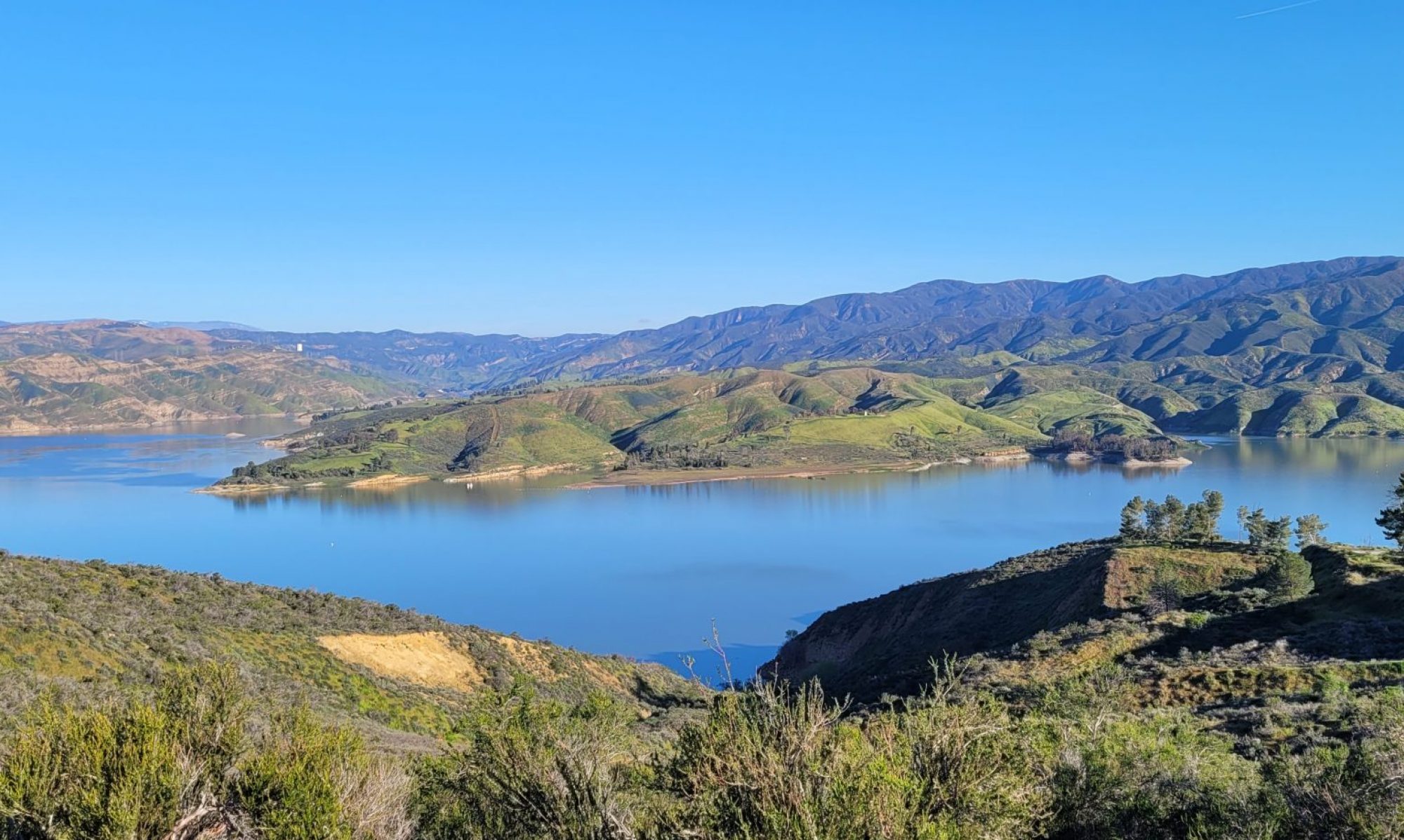If you believe in magic, come along with me
The Lovin’ Spoonful
We’ll dance until morning till there’s just you and me
And maybe, if the music is right
I’ll meet you tomorrow, sort of late at night
And we’ll go dancing, baby, then you’ll see
How the magic’s in the music and the music’s in me
The illustrious blogger Fandango has posed the question today: Do you believe in magic? Quite a can of worms, isn’t it? This is partly a question of definition and categorization, taxonomy as much as philosophy. What’s just as interesting is the blurred lines between religion, magic, expertise, intuition, evidence, and conclusions without evidence, and how they lead people to take actions that are self-contradictory.
The question was instigated by a recent incident in a Tennessee Catholic school where the pastor removed the Harry Potter series from the elementary/middle school library because: “These books present magic as both good and evil, which is not true, but in fact a clever deception. The curses and spells used in the books are actual curses and spells; which when read by a human being risk conjuring evil spirits into the presence of the person reading the text.”
Well, as Hermione might say, Revelio!

Is it a Natural Law If I Don’t Know it Exists Yet?
But first, definitions are required if we’re going to talk about magic and belief. Belief refers to a personal conviction which can either be backed up by facts or not. Belief can be based on unseen evidence. I believe that antibodies and quarks exist because scientific studies have identified them and described how they work. I don’t have to see them. Belief can also occur without evidence. I believe that people have experienced things not yet explained by science, such as dreaming about things that occur in reality but outside the dreamer’s knowledge.
Magic, according to Merriam-Webster, is the art of producing a result …through human control of supernatural agencies or of the force of nature. Hmmm. So what is supernatural? Beyond what is natural; unexplainable by natural law. (I’m excluding stage magicians here, who perform amazing tricks through explainable but complicated processes such as hidden doorways or misdirection.) What this definition points out is that magic, in essence, is something that occurs which is unexplainable. Let’s also add: CURRENTLY unexplainable.
Continue reading “Curious Reasoning of True Believers”


